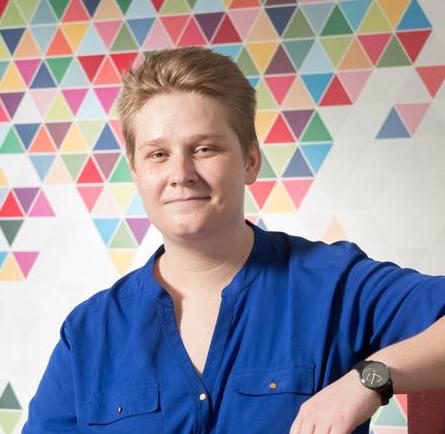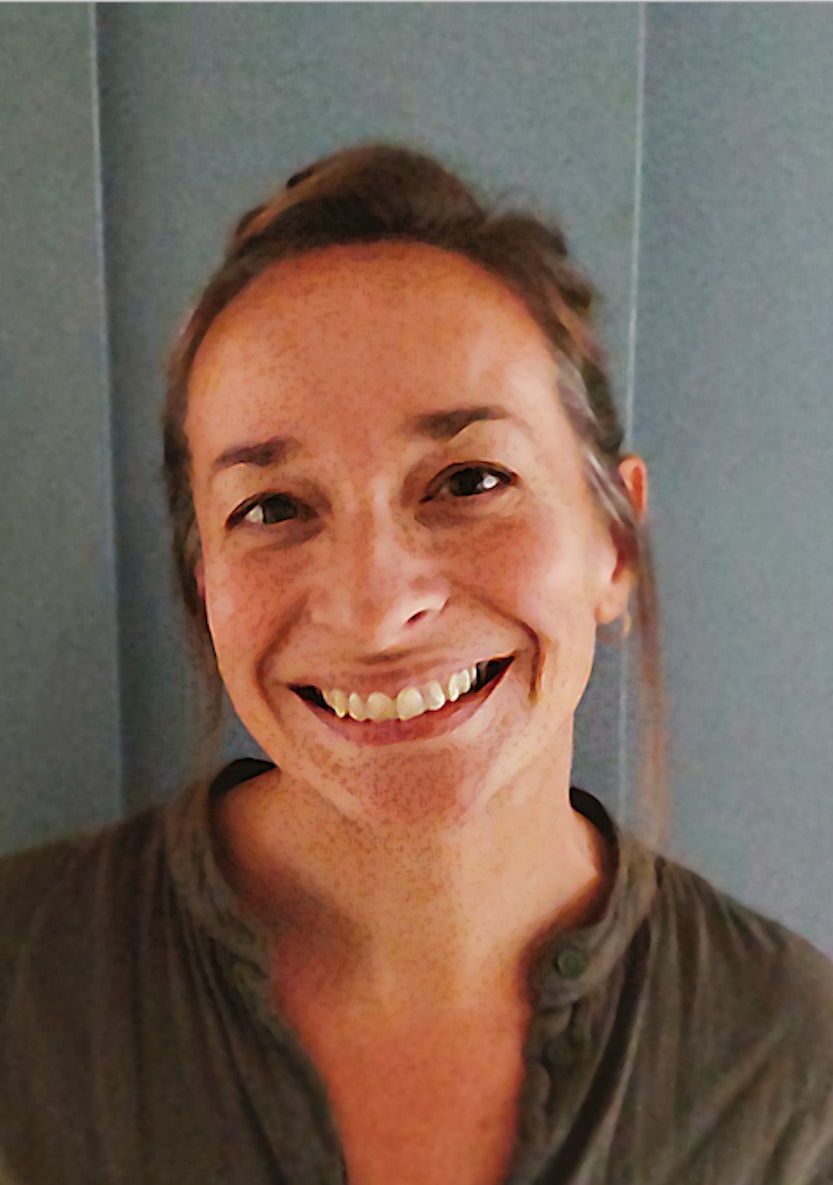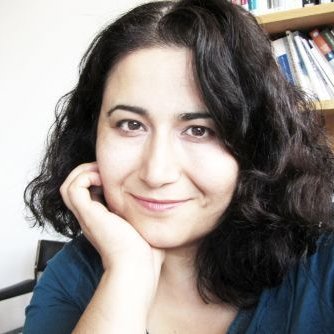Digital twins: Vision papers
Keywords: Future of information displays, visualization and interaction paradigms, content creation procedures, automation, artificial intelligence, extended reality; IoT, Big data, 3D Modelling
Abstract:
With the advent of better functioning and more affordable (than before) extended reality displays (virtual, augmented, mixed reality) and real time ‘spatial computing’, we might be at a turning point where the Digital Earth vision from decades ago is closer to becoming a reality. Driven by the same technological developments, the term digital twins gained popularity in recent years. As a concept, the term ‘digital twin’ appears to be somewhat flexibly used. What is clearly established is that a digital twin of any object must have a visual representation; thus a virtual object must exist whether it is included in virtual, augmented or mixed reality. Ideally, these virtual objects (digital twins) mimic their physical counterpart in controllable ways. Adding big data, IoT, 3D modelling, machine learning and artificial intelligence in the mix, the digital twin concept becomes enticing as it promises a plethora of very meaningful use cases from manufacturing through surgeries to digital preservation which may eventually be our ticket to time travel. Given the rising popularity of the concept (and the term) in recent years, its clear connections to photogrammetry, and obvious links to the concept of Digital Earth; we propose that we hold a theme session on visionary papers. As such we expect statements, commentary and position papers that examine where we are now and what the future directions are. We welcome a broad range of papers such as, but not limited to, the following;
– critical reflection on the digital twin concept
– discussing the implications of digital twins in real world adoption (opportunities, threats, ethics, security, privacy)
– discussing their possible societal and cognitive impact in various domains (education, asset management, city planning, manufacturing, cultural documentation, crime scene analysis, entertainment, etc.) and for various user groups (children, older adults, professionals, etc.)
– proposing methodological procedure(s) for e.g., automating the creation of digital twins
– identifying gaps in our current practices
– outlining solutions, and
– real-world case studies .
The session is open to all authors.



